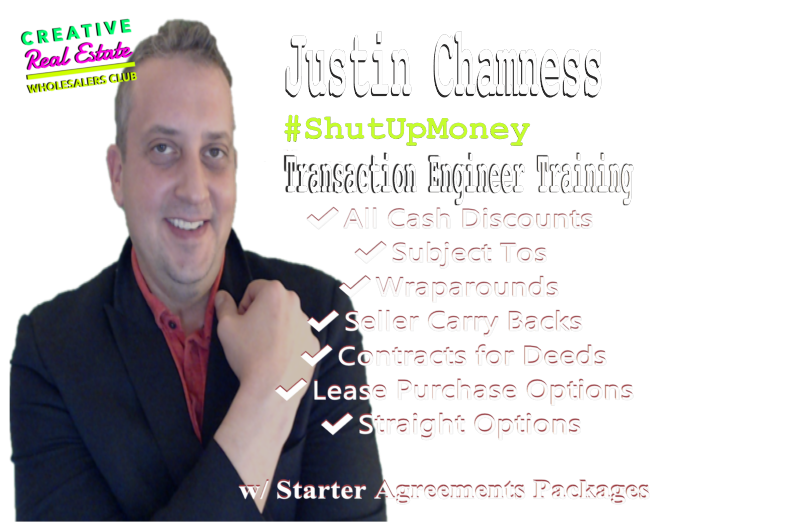Quiz/Test: Acquiring Properties with Subject-To + Seller Carry Back Hybrid Strategy
ANSWERS
What is the primary benefit for a buyer in a "subject to" transaction?
a) Obtain the property without qualifying for a new loan.
b) Assume personal liability for the loan.
c) Transfer the mortgage to a different lender.
d) Pay off the seller's outstanding mortgage balance.
In a seller carry back arrangement, how is the remaining purchase price typically financed?
a) Through a promissory note from the buyer to the seller.
b) Through a conventional mortgage from a bank.
c) Through a personal loan from the seller's family member.
d) Through a credit card cash advance.
Where do the buyer and seller usually meet to complete a seller carry back transaction?
a) At a closing agent's office or a title company.
b) At the seller's property.
c) At the buyer's current residence.
d) At a local coffee shop.
What happens to the seller's mortgage in a subject to + seller carry back hybrid transaction?
a) It remains in the seller's name.
b) It is transferred to the buyer's name.
c) It is paid off by the buyer at closing.
d) It is discharged by the lender.
Who takes control of the property in a subject to + seller carry back hybrid transaction?
a) The buyer.
b) The seller.
c) The closing agent.
d) The lender.
What ongoing obligations does the buyer have in a seller carry back arrangement?
a) Making monthly payments to the seller and maintaining the property.
b) Making monthly payments to the seller and paying off the existing mortgage.
c) Making monthly payments to the lender and maintaining the property.
d) Making monthly payments to the lender and paying off the seller's mortgage.
What does it mean when a property is owned "free and clear"?
a) The property is free from any liens or mortgages.
b) The property is free from any maintenance obligations.
c) The property is free from any property taxes.
d) The property is free from any legal restrictions.
Which strategy works great as a stand-alone choice when the homeowner owns the property free and clear?
a) Seller carry back strategy.
b) Subject to with a seller carry back strategy.
c) Lease option strategy.
d) Wholesale strategy.
In a seller carry back transaction, who holds a lien on the property until the buyer fulfills their obligations?
a) The seller.
b) The lender.
c) The buyer.
d) The closing agent.
What is the purpose of a promissory note in a subject to + seller carry back hybrid transaction?
a) To outline the obligations of the buyer and seller.
b) To specify the terms of the existing mortgage.
c) To transfer ownership of the property to the buyer.
d) To record the necessary documents with the county.


